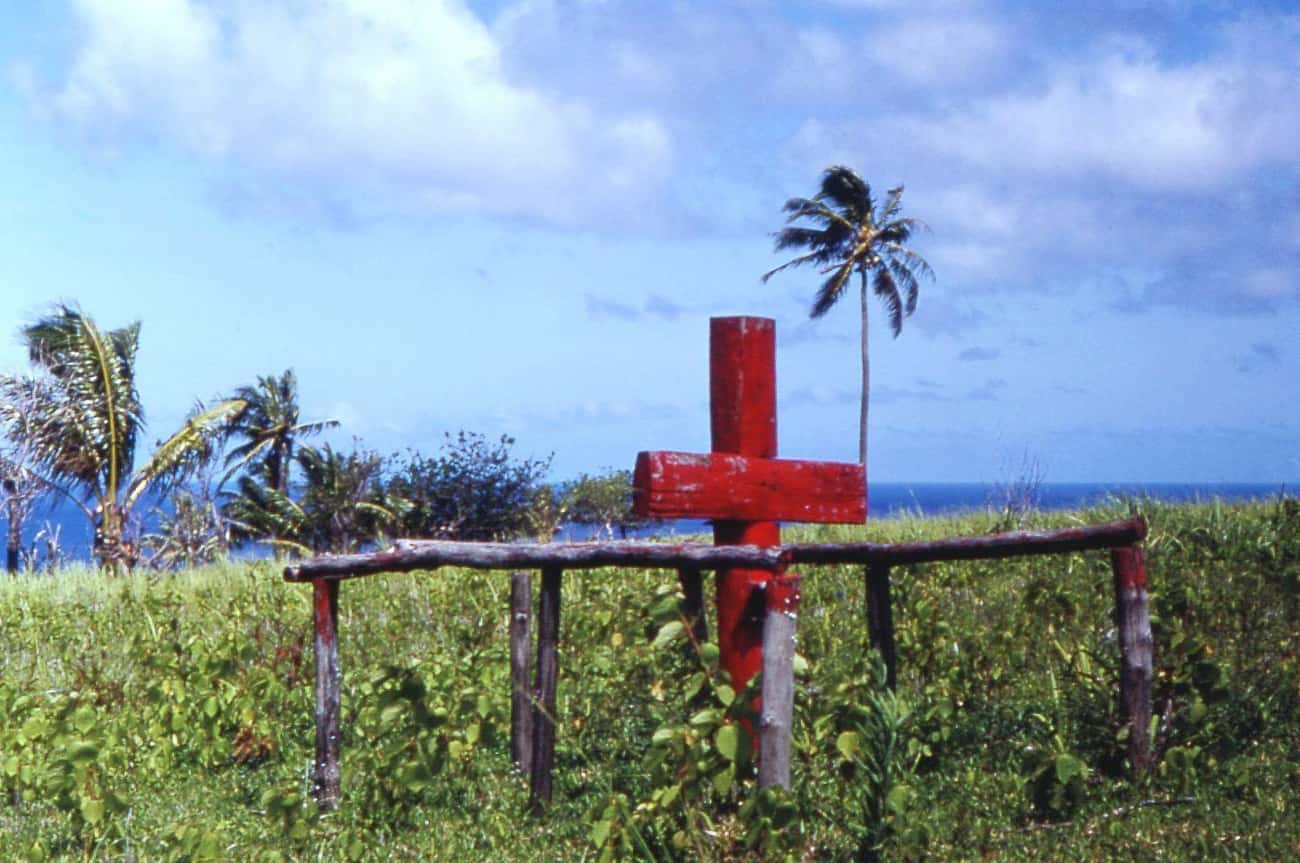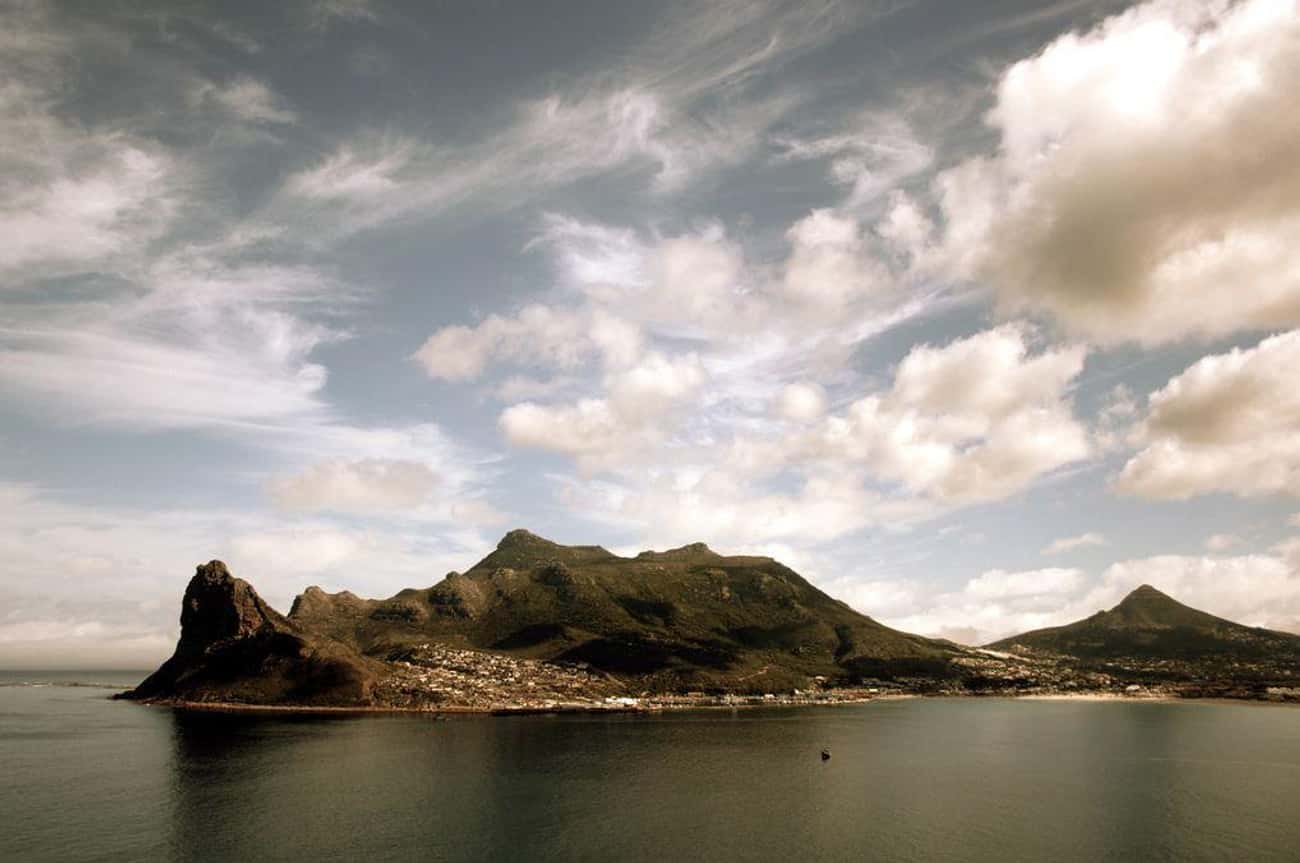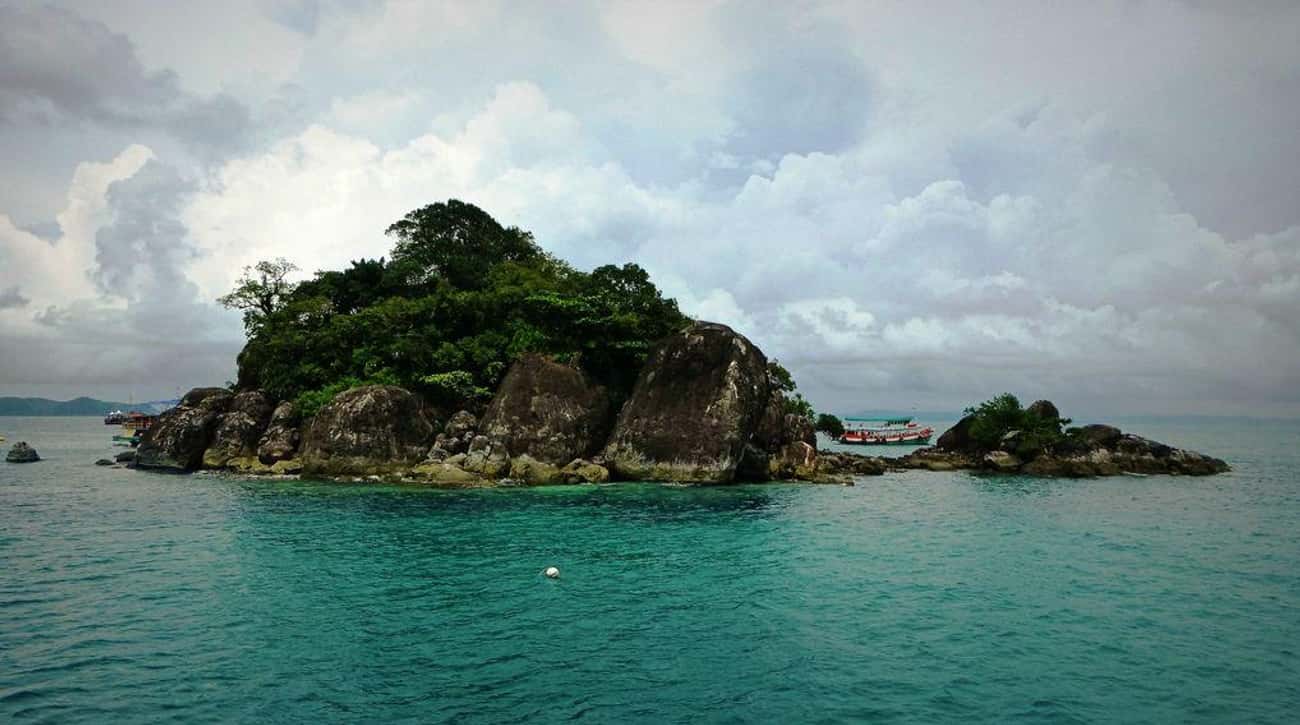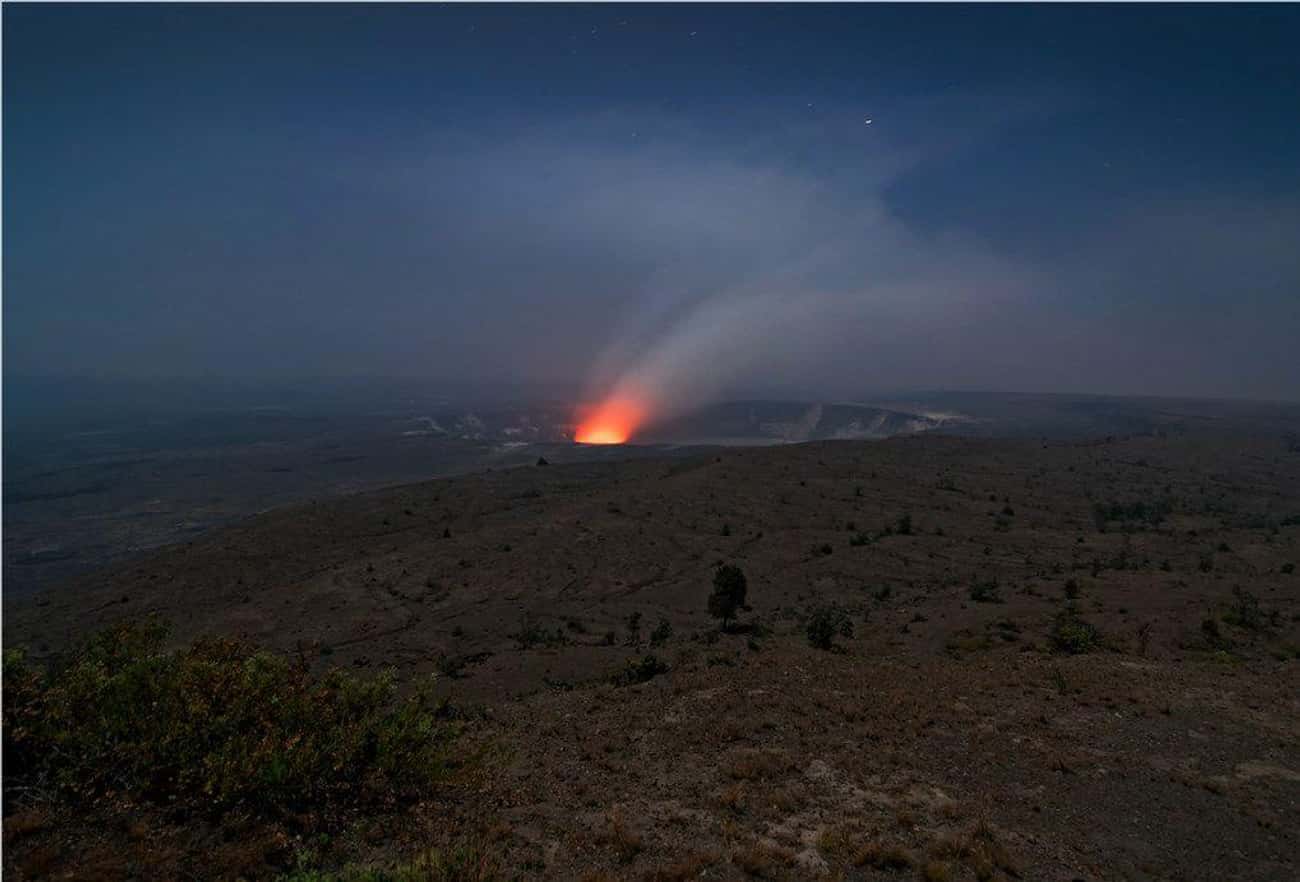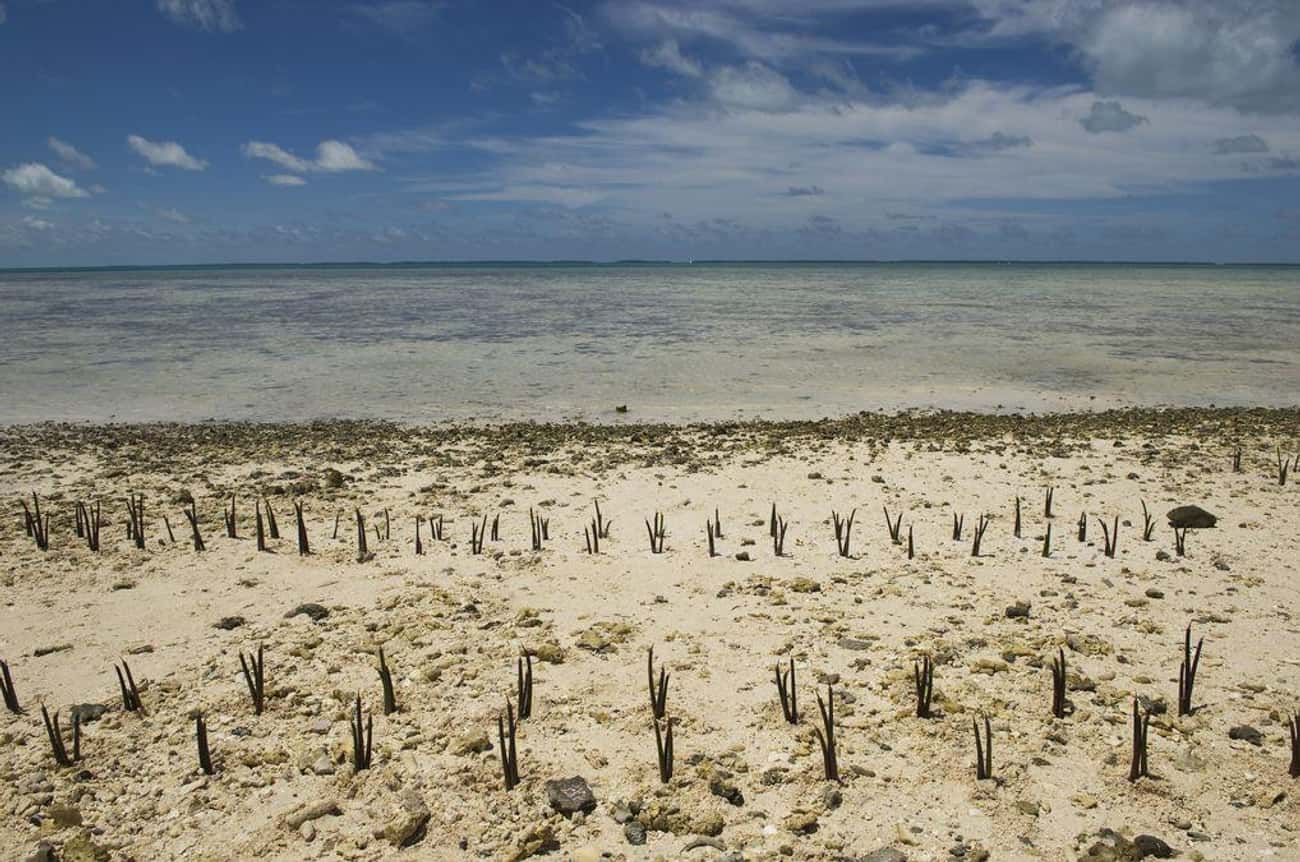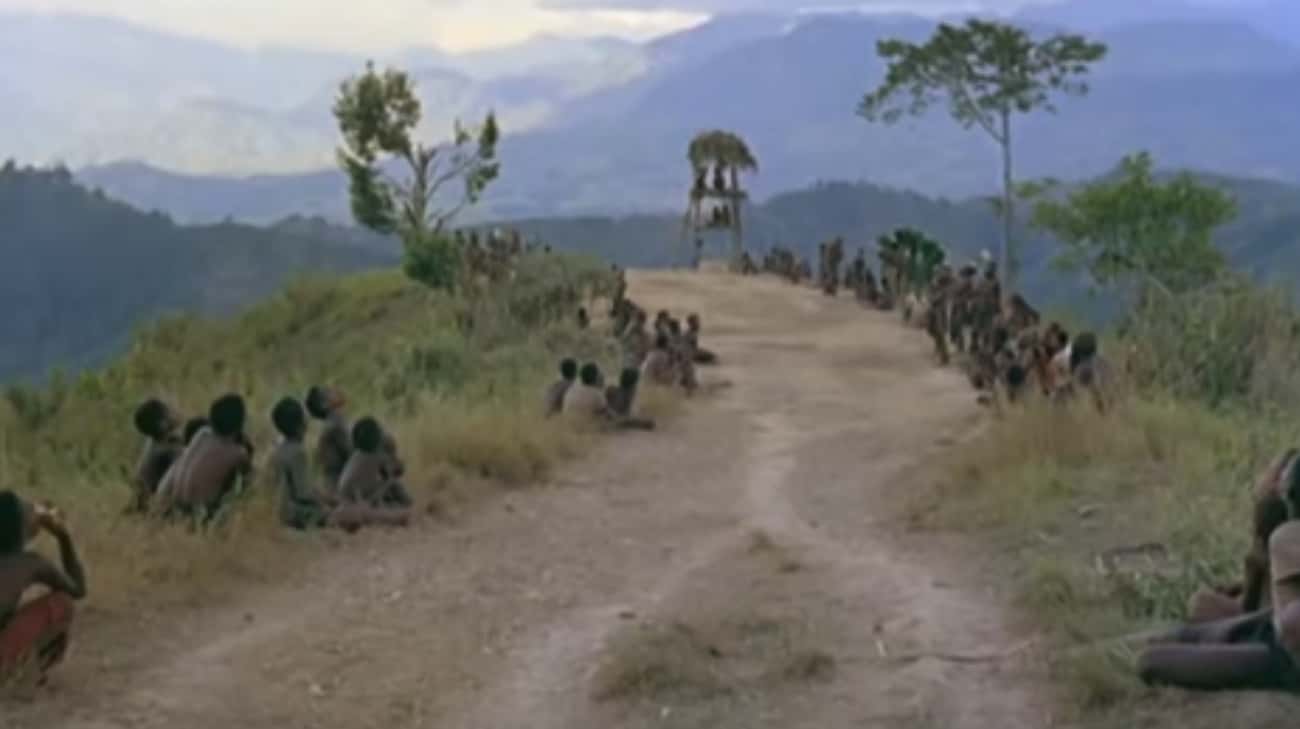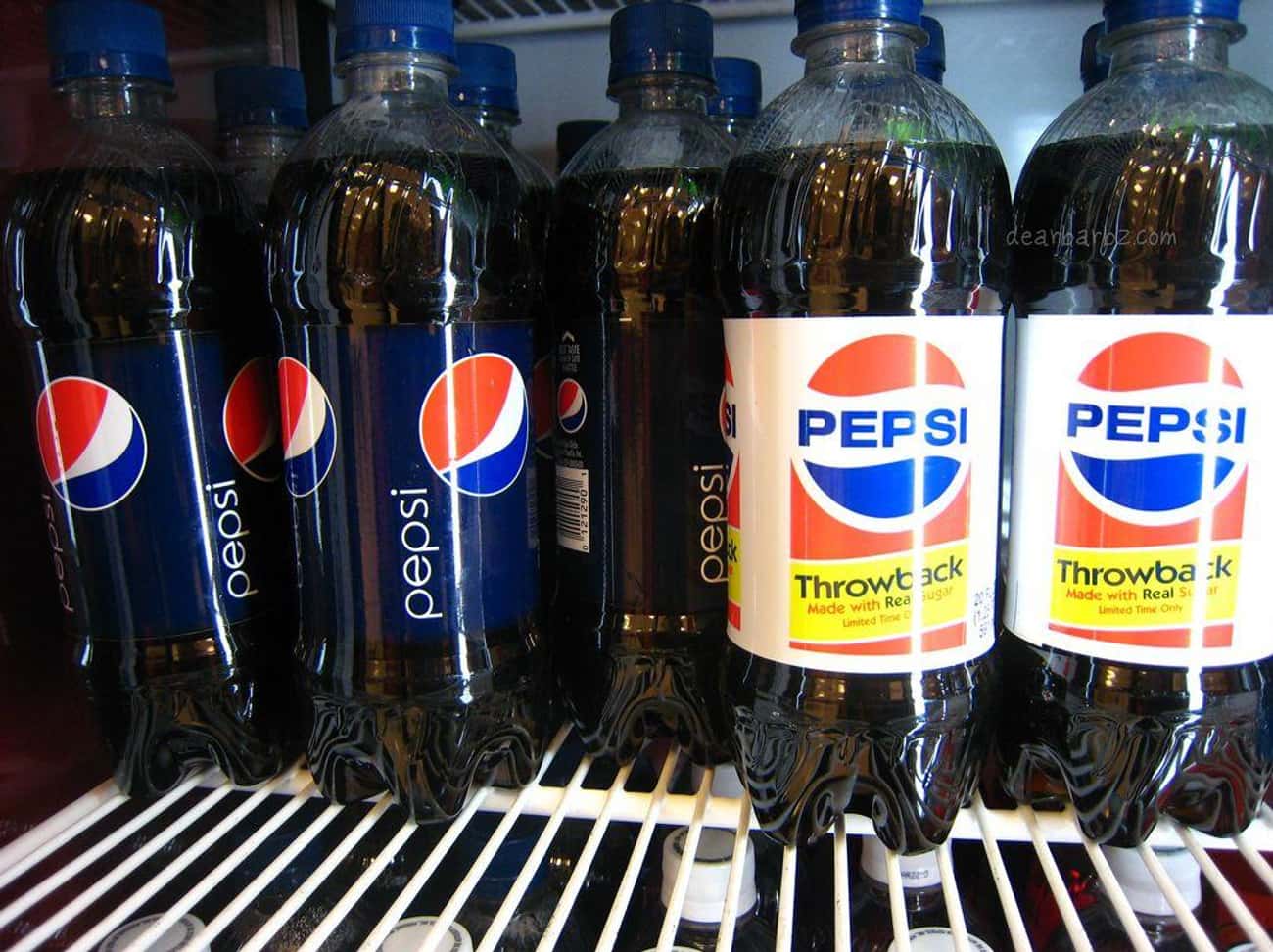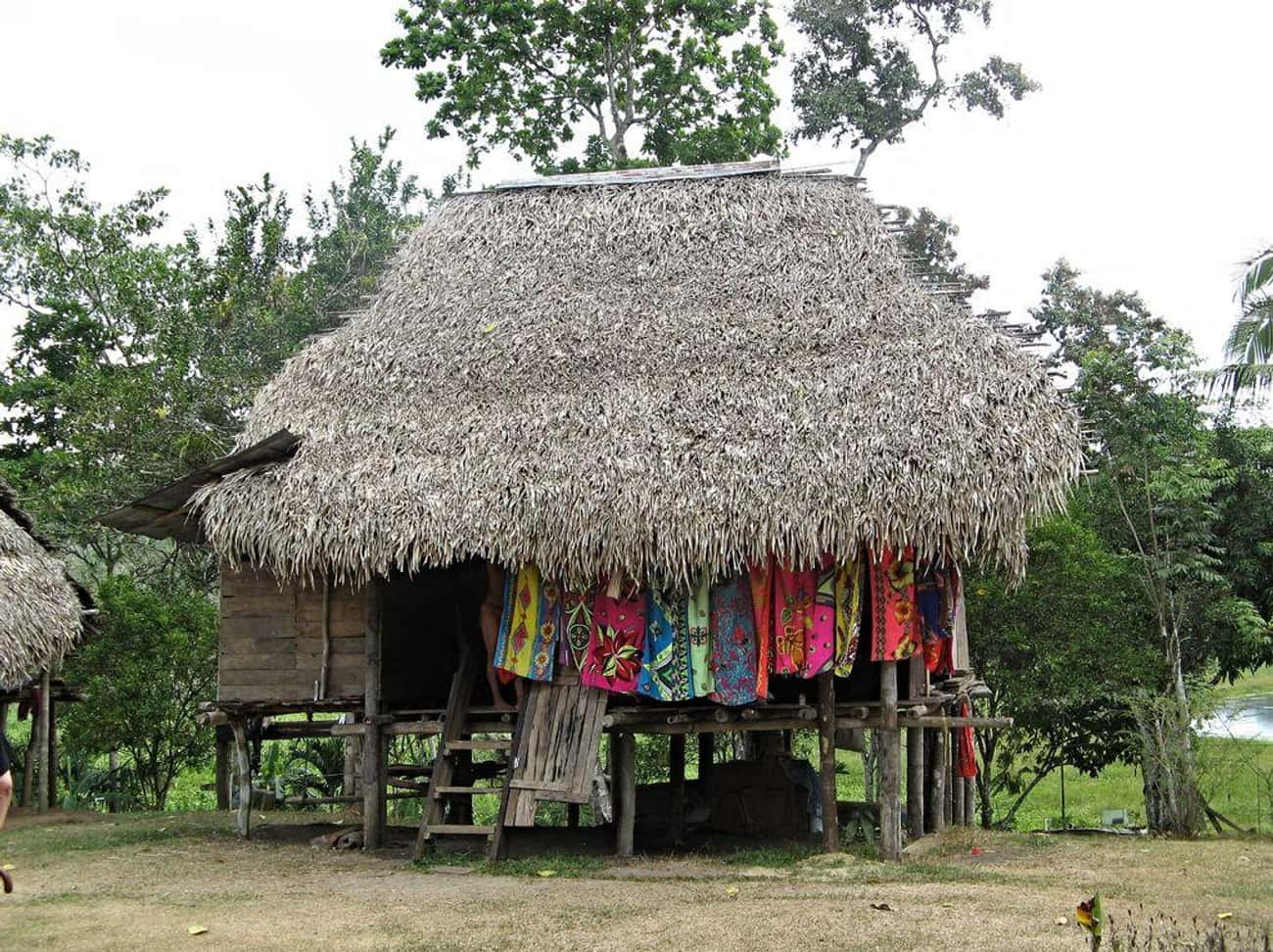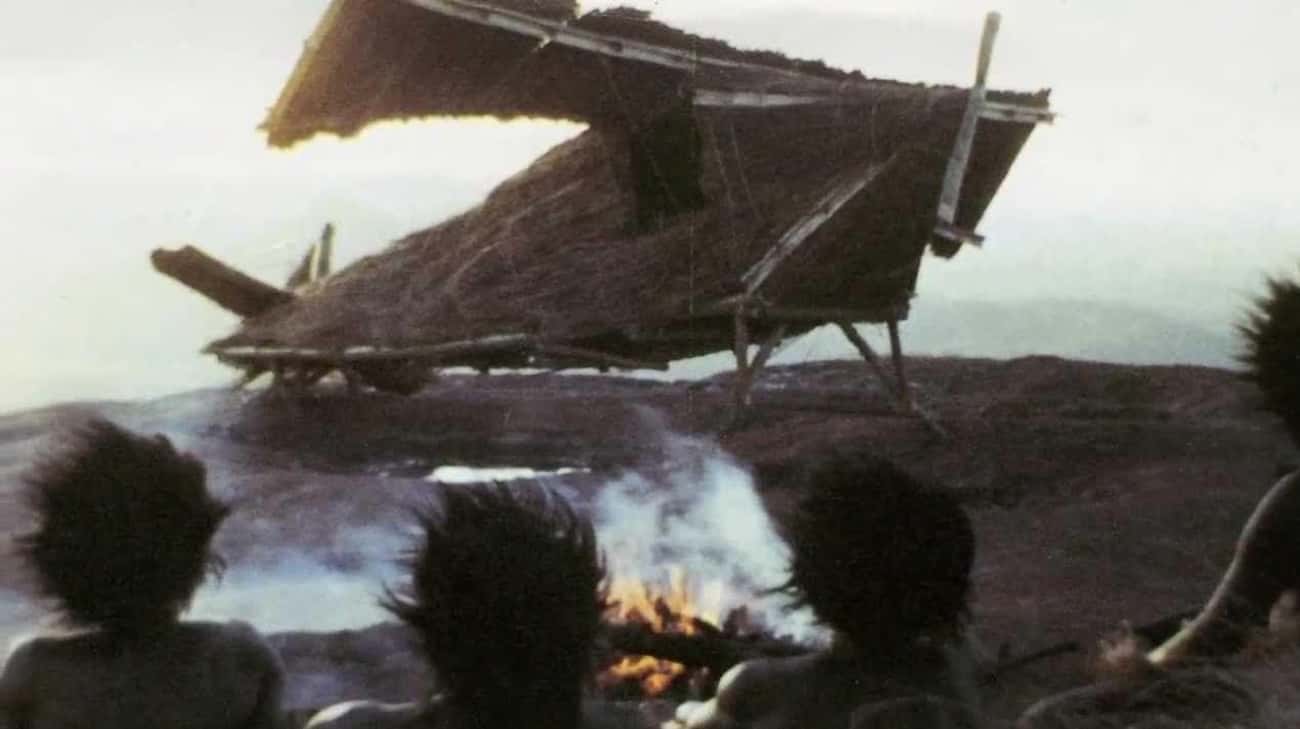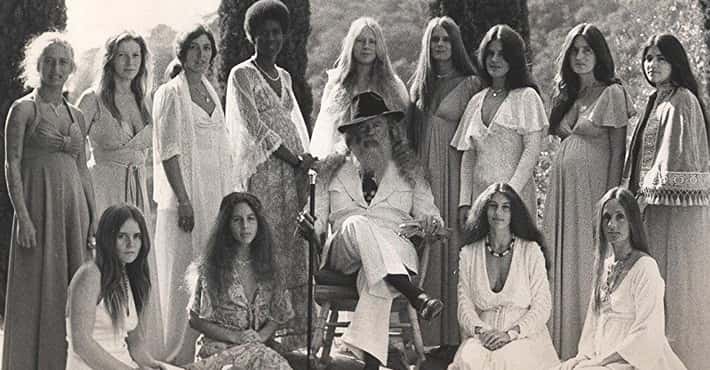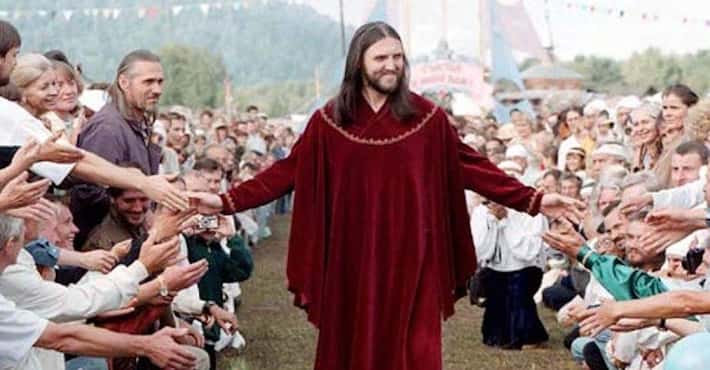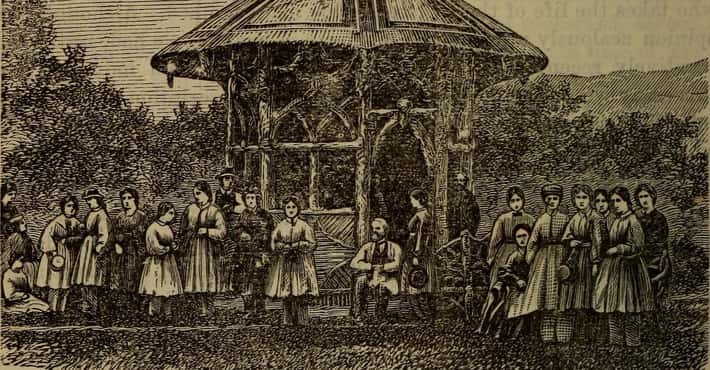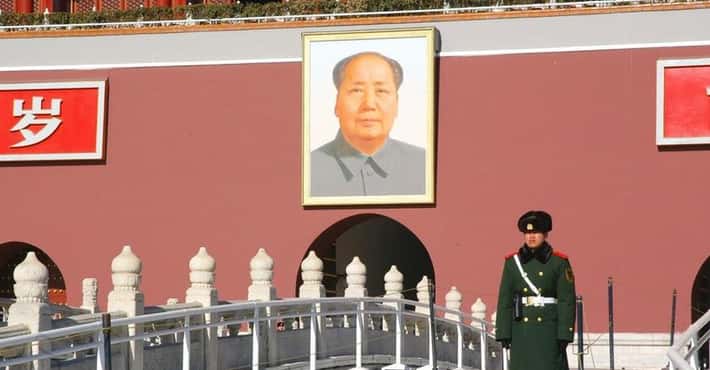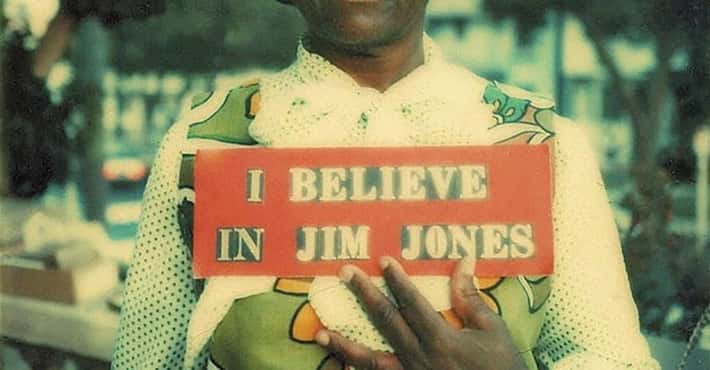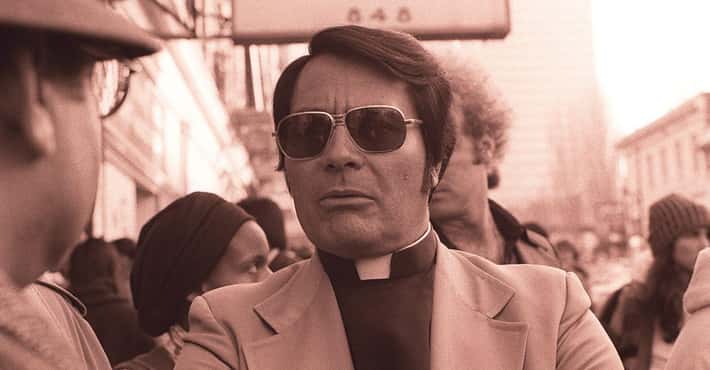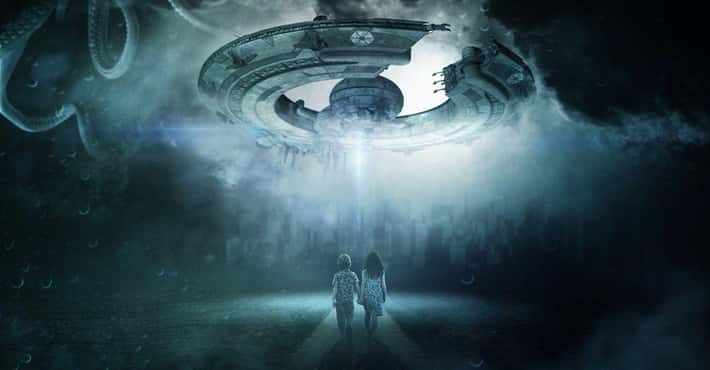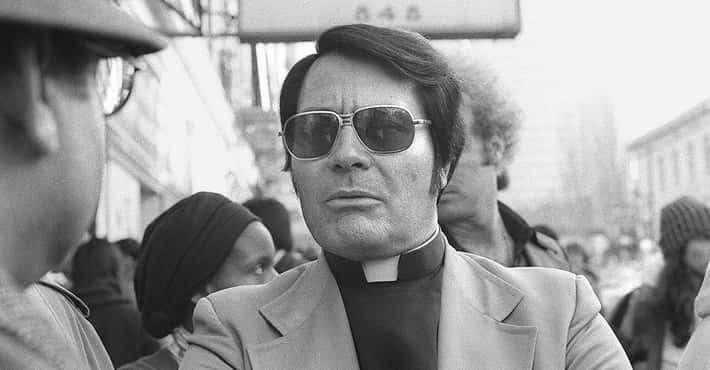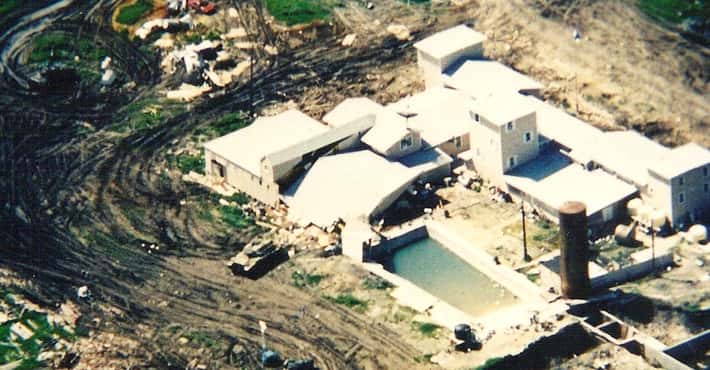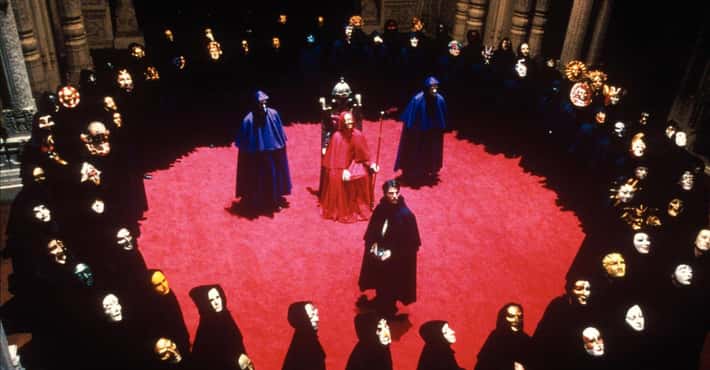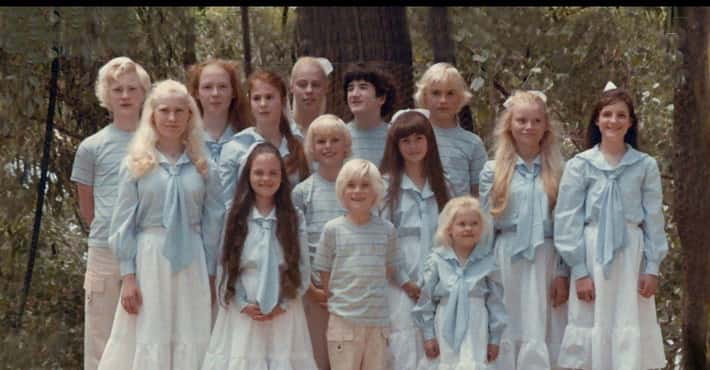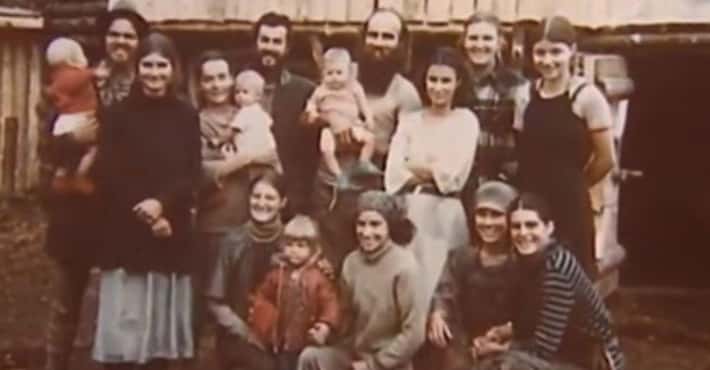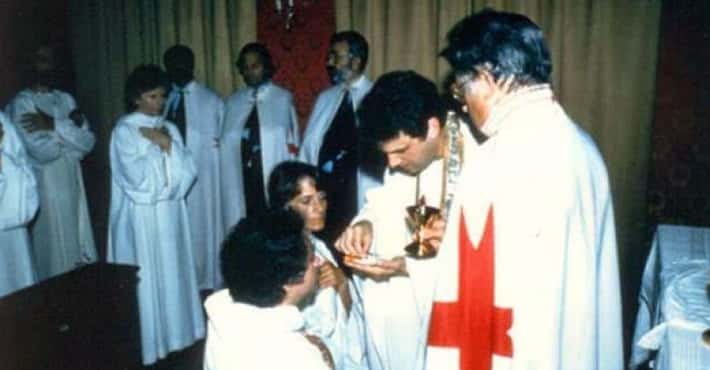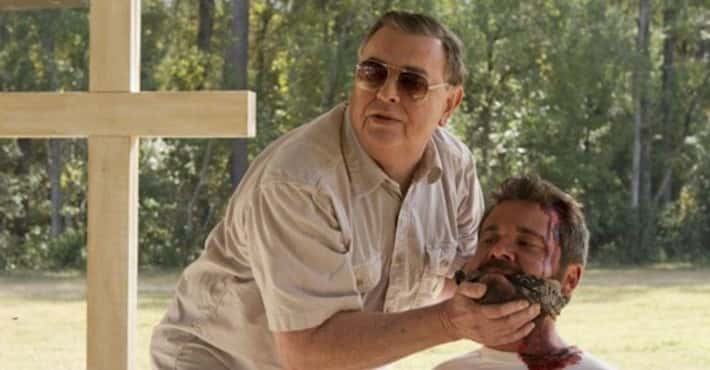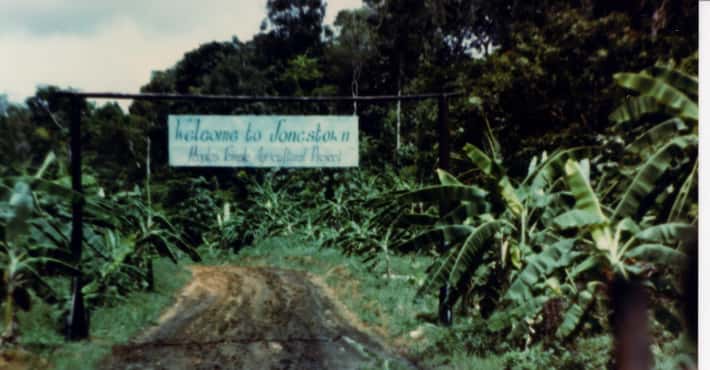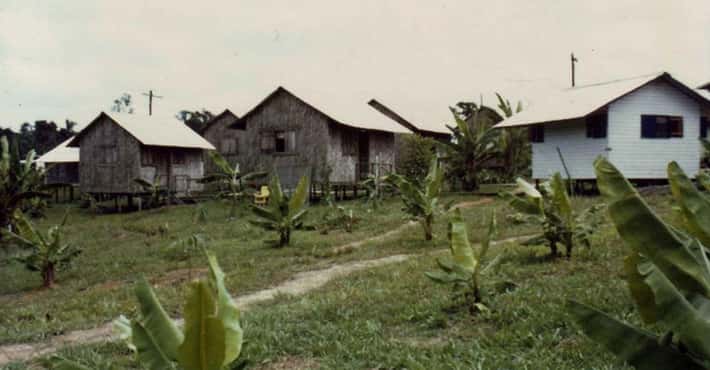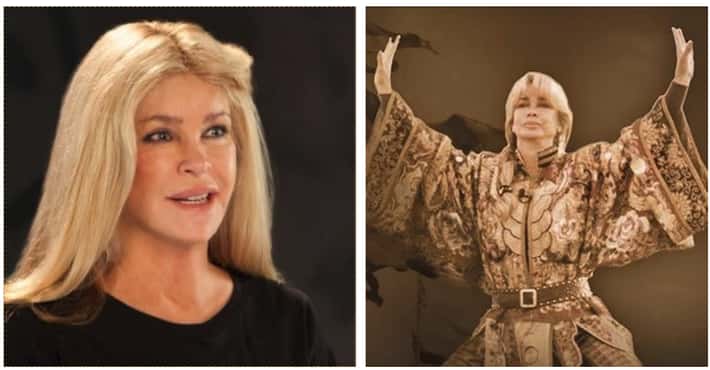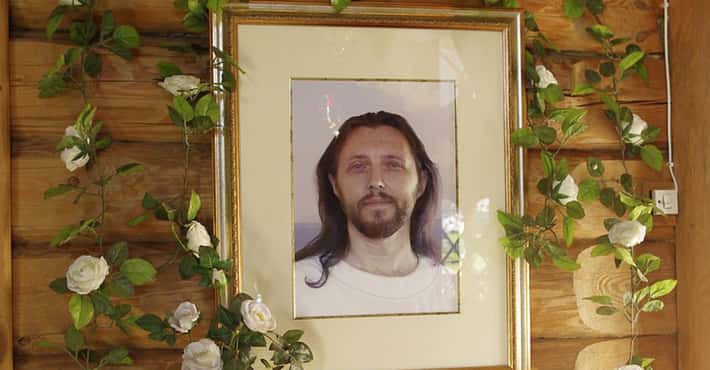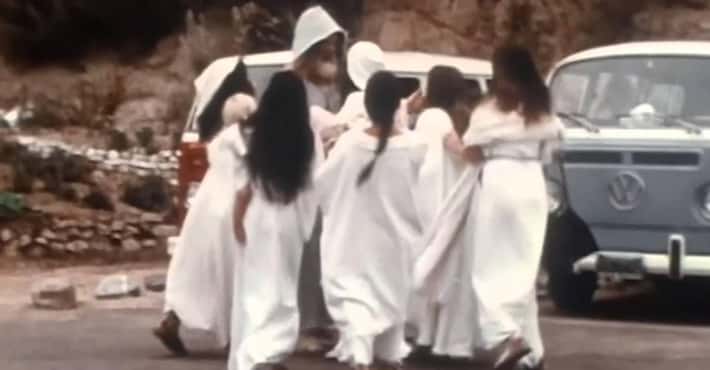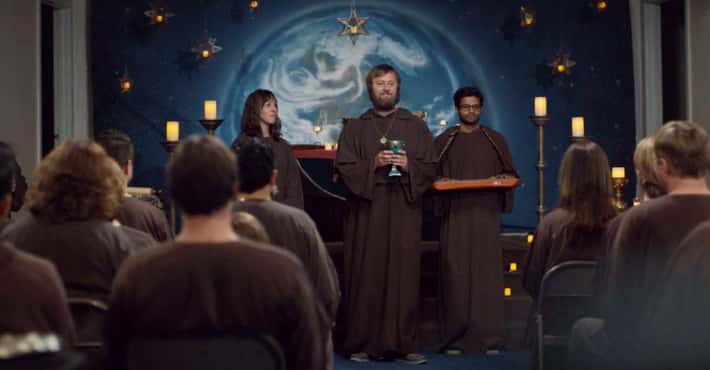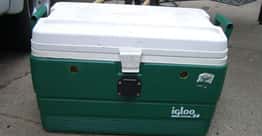Cargo Cults: The Island Cults You Never Even Knew Existed
Mysterious Visitors Are Honored With Elaborate Rituals
A cargo cult on the island of Tanna, part of the Vanuatu chain, worships a mysterious American named John Frum. Another cult on that same island is dedicated to worshipping Prince Philip, the husband of Queen Elizabeth. Both cults have one thing in common - they perform elaborate rituals designed to honor the person that they have designated as "god." Depending on the particular cult, the rituals involve dressing up like US soldiers and marching around the island, creating mock radios out of straw, and even lighting fires near their created airplane "landing strips." These things are done in order to pay homage to their chosen person of worship, as well as in the hopes that more aircraft will arrive and drop off modernized goods. Some cargo cults even have a specific day where they worship their chosen deity.
Some Cargo Cults Still Exist Today
Cargo cults surged in popularity during World War II, when troops - mostly British and American - arrived in the Pacific islands of Melanesia to set up temporary camps and shelters. Most of the cults disappeared over time, particularly as the people who were once members became Christian instead or were fully colonized by other countries. However, some cargo cults still exist, mostly on islands in the Vanuatu chain, as well as in Papua New Guinea.
The Cults Are Led By A Single Chief
Photo: blueandyou.photography / flickr / CC-BY-NC-ND 2.0Each cargo cult is led by a single chief who consults with a prophet. The prophet is the person who tries to predict when their chosen deity will return, laden with goods from Western civilization. However, the chief is in charge of the people and oversees their ceremonial preparations. In some cases, the chief and the prophet do not see eye to eye, which can lead to the prophet breaking away and forming his own cargo cult on a different part of the island. This happened on Vanuatu, when Chief Isaac and Prophet Fred had a falling out. They later patched things up and celebrate John Frum Day together.
According To Their Mythology, Westerners Helped Deter The Apocalypse
Photo: Punchup / flickr / CC-BY-NC-ND 2.0One thing that all of the cargo cults have in common is a series of mythological beliefs. These start with the idea that a terrible event would occur, causing the end of the world as they know it. Since many of the cults are based either on or near volcanic islands, an eruption would mean that they might be wiped out. When the Westerners arrived - in the form of military soldiers bringing supplies to the islanders during World War II - they were heralded as the people who would save the islanders from their prophesied natural disasters.
Cargo Cults Are A Way Of Resisting Colonialism
Photo: United Nations Photo / flickr / CC-BY-NC-ND 2.0There was no way of hiding from colonialism. It's a process that is credited by historians as starting in the 1400s when Christopher Columbus reached the "New World," and it didn't officially "end" until shortly before World War I. Eventually, the people doing the colonizing - mostly European powers and the United States - reached the areas of Melanesia. Ships arrived in the area during the 1600s and 1700s, bringing goods, religion, and of course, people to colonize the islands and make the "savages" into good Christian members of society. Although cargo cults didn't become "mainstream" until World War II - mostly because the media began to cover them - they first emerged as a way to resist early colonization attempts. The cargo cult creates a sort of wall that separates the villagers from the people trying to colonize them. In other words, cargo cults, in their acceptance of Western goods but not Western values, represent a unique method of resisting colonialism while accepting some of its spoils.
Cult Members Build Airfields, Docks, And Roads For Their New "Gods"
Photo: YoutubePrior to the arrival of colonists, each chiefdom on the islands of Melanesia had a belief system consisting of more than one god. After the colonists, this switched, and they now have one deity - the person that they believe will come back and bring more cargo. A good example of this is the John Frum cargo cult on Vanuatu. Their god is now John Frum, and they build landing strips and other things in the hopes that he approves and will return with more goods. Other cargo cults build docks for returning ships and roads to drive vehicles on for this same reason.
They Believed That The Arrival Of Strangers Fulfilled A Prophecy
Photo: Defence Images / flickr / CC-BY-NC 2.0One prophesy that all of the cargo cults believed in was that one day strangers would come and turn their homes into a new paradise. This can be explained, in part, by the stories that the colonists themselves brought spreading across Melanesia like their religious stories of the arrival of a savior in the form of one Jesus Christ. When it came to religion, the Melanesians took what the missionaries taught them with a certain levity, picking the parts of the Bible they found most promising and ignoring the rest.
Regardless, the people on the islands told stories of how one day, a stranger would arrive in the form of a hero who would heal people and give away his earthly possessions, after which, life would be perfect. When later groups of colonists arrived and gave out food and other things, those on the islands believed that these newfound "heroes" fulfilled the prophesy.
They Patiently Await The Arrival Of More Western Goods
Photo: ohdearbarb / flickr / CC-BY-NC 2.0The one things that all cargo cults hope for is the arrival of more goods. These Westernized products will not only make their lives easier, especially the food and medical supplies, but they will also prove that their deity is happy with them. A new shipment may signify that they are getting a little closer to the time period that the prophets and chiefs speak of: the one filled with bliss and good fortune. For the John Frum cult, February 15 of each year represents a day of celebration and ritual worship, "John Frum Day." It's the day that their long-awaited god will return; they just don't know the year yet.
They Renamed Their Villages In Favor Of Biblical Titles
Photo: ali eminov / flickr / CC-BY-NC 2.0Along with cargo, many of the colonists arriving on the islands in the Melanesia region brought religion with them. This led to the rise of island natives endowing their children with biblical names, such as Isaac and Daniel, as well as biblically renaming villages. Popular cargo cult villages are now called Galilee and Jericho, among other Christian monikers. These pay homage not only to the deities that they hope will return, but also to the Christian people who first brought goods and ideas.
They Build Airplane Effigies
Photo: Trilo Byte / YouTubeSince many of the goods remembered by modern-day cargo cult members were dropped by airplanes several decades ago, they remain the worshipped vessel of choice for many people on the islands. Some build elaborate aircraft out of straw - and even create control towers to go with them - as part of their ritualistic behaviors. They create these structures in the hopes that their chosen deity will see them and send the aircraft with more goods yet again.


